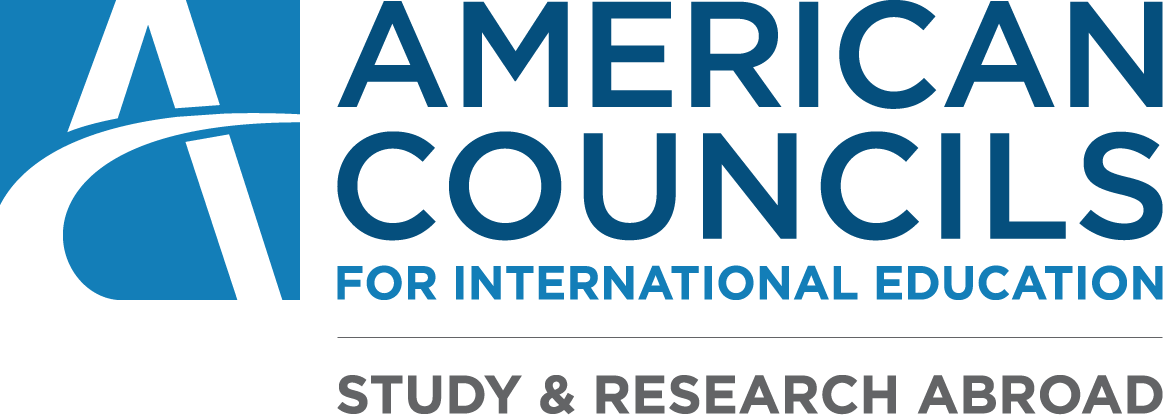Duality of Kazakhstan
Since my previous blog post about my initial impressions of Almaty, my life has drastically changed. I’ve forged friendships with some of the language partners, mastered public transportation and developed a daily academic routine (although the 6:30am alarm clock has certainly not gotten any easier). Perhaps most notably, I have made the remarkably easy decision to extend my stay in Kazakhstan an additional semester, as my appreciation for this country and desire to learn the Russian language seemingly grow each day.
Upon arriving in Kazakhstan, I took my initial happiness with a grain of salt, as I was well aware of the looming culture shock that awaited me on the so-called “W-Curve.” For those unfamiliar with this concept, two social scientists in the sixties tried to illustrate the effects of culture shock (and the subsequent reverse culture shock upon returning home) through a diagram consisting of different phases, the first being a honeymoon period followed by culture shock and an eventual adaptation to the host culture. Perhaps I am lucky in this regard, but my experience has been much different than depicted by this graph. Although the very mention of Kazakhstan elicits an inaccurate image for most Americans, largely based on preconceived notions of the region and portrayals in pop culture, Kazakhstan is an extremely modern country and shares many of the same comforts as life in America.
For example, my host city of Almaty; which features a brand-new metro system, cuisine from nearly every corner of the globe (unfortunately Mexican food has yet to make it here), and more malls than you could ever need; is arguably one of the most livable cities in the world. The recently renamed capital Nur-Sultan (formerly Astana… and Tselinograd…and Akmolinsk… and Akmola…I’d hate to be the guy in charge of the maps) is equally impressive, especially considering it wasn’t formally developed until a decree by the Kazakh government following their independence in the early 1990s. Much like any newly planned city, the roads are remarkably clean, parks expansive and skyline dominated by modern glass buildings that look right out of a cheesy futuristic movie. On the other hand, unlike Almaty, there is a certain eerie emptiness to the city, especially given the seemingly endless construction that stretches well-beyond the city limits. During my group’s first night in Nur-Sultan, the lack of people out and about on a Friday night was astounding as well as the number of vacant rooms in luxury high-rise apartments, evident by the intricate designs on the side of the buildings shaped by the unused lights. Perhaps it’s for these reasons that many locals I’ve talked to refer to Almaty as the «папа» of Nur-Sultan that gives it the money to pursue such endeavors, but it’s also likely they just have some favoritism for their hometown. I look forward to hopefully re-visiting Nur-Sultan in fifteen or twenty years and seeing how the city develops and grows into its shell.
Despite these sprawling modern metropolises that seem to dominate much of the country, recent statistics show that only around 57 percent of the population lives in urban areas (comparatively, 82 percent of Americans are categorized as living in urban areas). This means that Kazakhstan is ultimately a country of duality, which became increasingly obvious upon our excursion to Charinsky Canyon, Lake Kolsai and Lake Kaindy. Following hours of driving through fields of nothingness shadowed by rocky peaks, we made it to a small village (known in Kazakh as an «аул») where life anything but resembled Almaty. Cows wandered freely through the dirt roads, horses seemed to be a popular means of transportation and I even had the experience of running into a young boy herding dozens of sheep past our guesthouse on my way to the local «дукен» (the Kazakh word for store). At night, I was amazed to be greeted by the Milky Way shimmering above me, a particularly rare sight for someone who’s lived their whole life in New Jersey. Laying in a field among the stars, in a place where chickens really do cross roads and the nearest karaoke bar is a four-hour drive away, life seemed beautifully simple.
Every meal, every conversation, every adventure. Just a little longer.
Until next time.
By: Michael McShane
Program: Advanced Russian Language & Area Studies Program, Almaty, Kazakhstan
Term: Fall 2019




